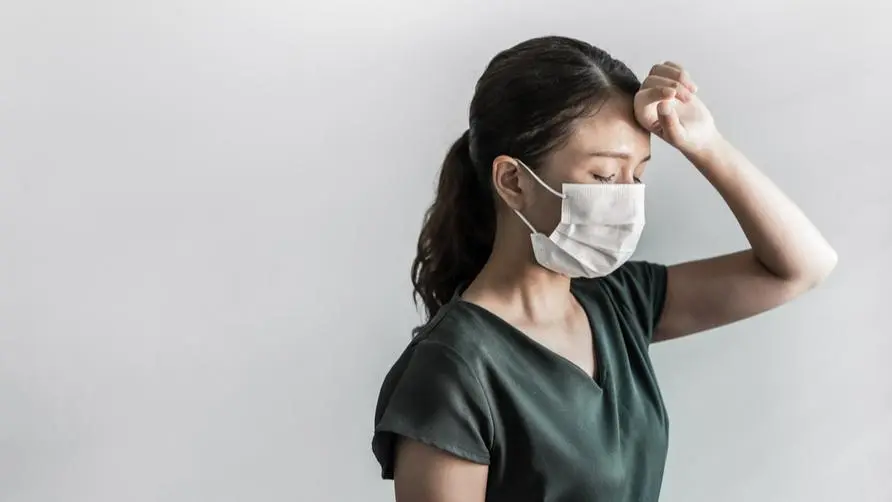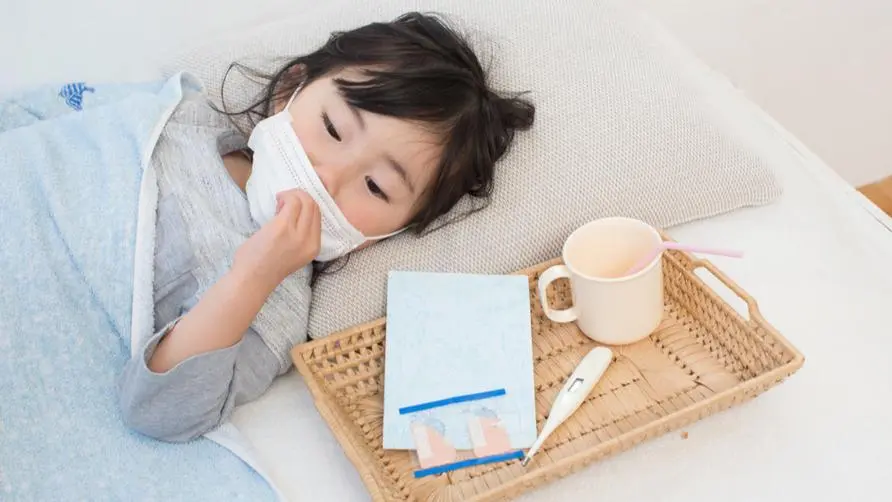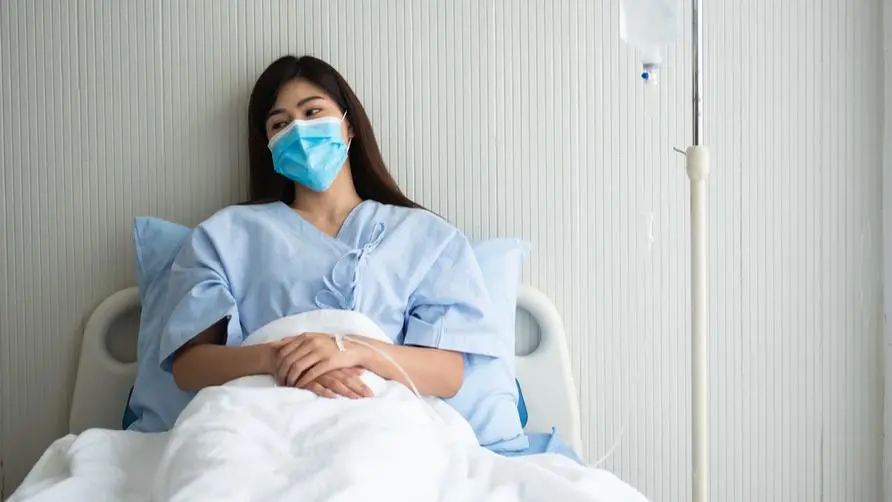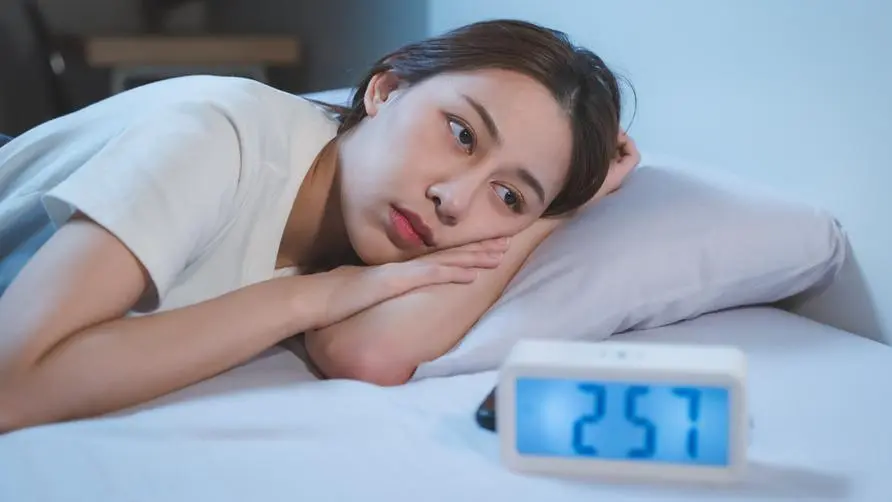Will children develop COVID-19 if diagnosed? Intensive care doctors urge parents to pay attention to the "5 major sequelae"
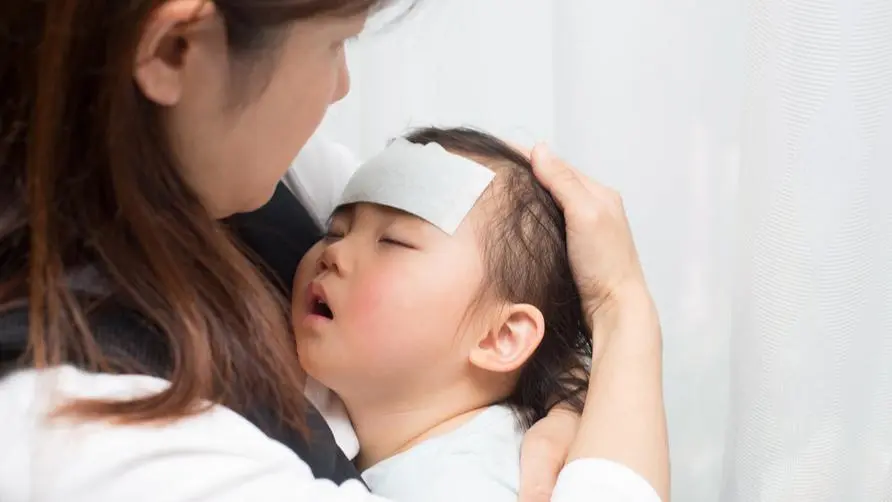
After children recover from COVID-19 infection, may they also suffer from the sequelae of “COVID-19”? Previously, research on COVID-19 cases in children was insufficient. Now many scholars have shown that COVID-19 may also affect adolescents and children under the age of 18, and the symptoms seem to be different from adults.
Are children at low risk of contracting COVID-19? Study shows “5 major symptoms” are more common
Dr. Huang Xuan, an expert in critical care medicine, pointed out in a social post that previous studies have shown that age seems to be an important factor affecting the prevalence of COVID-19: the older the person, the higher the chance of contracting COVID-19. The incidence rate of COVID-19 among those aged 10-21 is about 46.42%, and it rises to 63.64% among those over 65 years old. Although less prevalent in children and adolescents, it can still cause symptoms of varying severity.
Dr. Huang Xuan cited a study published in MedRxiv. The research team analyzed a total of 80,071 confirmed cases of children and adolescents from 21 different countries. The team found that the prevalence rate of COVID-19 in the subjects was about 25.24%, slightly lower than that of the adult population; however, the common symptoms were not mainly fever and cough, but rather emotional instability (accounting for about 16.5%) and fatigue (accounting for about 16.5%). accounting for about 9.66%), sleep disorders (about 8.42%), headaches (about 7.84%) and respiratory symptoms (about 7.62%).
Compared with undiagnosed children, the symptoms of diagnosed children are different. They are more likely to have persistent difficulty breathing (2.69 times the risk), fever (2.23 times), and loss of smell and taste (10.68 times). Dr. Huang Xuan said that parents should detect relevant symptoms in children in time and receive early diagnosis and treatment to help children and teenagers return to normal lives as soon as possible.
Children who are “naturally infected” do not need to be vaccinated? Critical care medical refutation: less than 10% of neutralizing antibodies
As for the child who was infected with COVID-19 last year, does it mean that he has acquired immunity and does not need to be vaccinated again? Dr. Huang Xuan cited a study in “Nature Communication” to refute it. Previously, Harvard Medical School collected serum antibodies from children who had been infected with the epidemic to test whether they could resist Omicron virus. The results found that on average, less than 10% of serum antibodies in children were effective in neutralizing the virus. and Omicron toxicity.
The Harvard research team showed that the neutralizing antibodies produced by children due to infection are not enough to protect against viral infection, and unvaccinated children may be more likely to be infected. On the contrary, children who have received two doses of the vaccine have significantly higher levels of neutralizing antibodies, which can effectively resist infection by several variant strains, such as Alpha, Beta, Delta, Omicron, etc.
Therefore, Dr. Huang Xuan calls on parents to have their children receive the first dose of vaccine as soon as possible. Recently, various counties and cities in Taiwan have also begun to arrange the second dose of vaccination. The Central Epidemic Command Center has also recently issued the following guidelines based on the vaccination policies of various countries:
Taiwan is currently in the community epidemic stage of the Omicron variant. It is recommended that children aged 5-11 years old should complete 2 doses of the new vaccine to reduce the risk of severe illness and death after infection.
After referring to the results of vaccine clinical trials and vaccination policies of various countries, it is recommended that 2 doses should be given “at least 4-8 weeks apart”.
It is recommended that children should complete 2 doses of the COVID-19 vaccine of the same brand.
Children need to wait 3 months after diagnosis before receiving the next dose of vaccine.
The command center emphasized that vaccination is an important part of epidemic prevention work. Vaccination can reduce the risk of severe illness and death after infection. In the future, relevant vaccination operations will be planned based on expert advice to protect the health of Taiwanese people.
Source:
Further reading:


